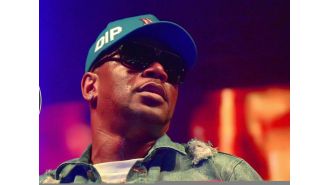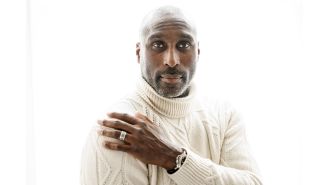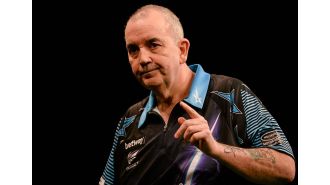Bikes and optionality
We bought bikes recently (yay!).
On the day we bought them, we had a choice. We could buy any and all accessories (think: carrier, toddler seat, lights, etc.) for a 15% discount on the day of the purchase. Or we could choose to wait to see which ones we’d really need and forego the 15% discount.
We decided to do the latter.
In the weeks following the purchase of the bike, we ended up purchasing – in batches – nearly all the accessories we’d considered purchasing on the day we bought the bikes. As we fitted the final accessories, I was thinking about the lessons we’ve learnt from the process.
The first lesson is the cost of optionality. When we chose to wait before we made any further purchases, we chose optionality. We could have chosen a bunch of accessories in our first day enthusiasm that we didn’t need. This way, we’ve only purchased things we know we’ll use. That optionality cost us that 15% discount we’d have otherwise gotten.
This is the case with all decisions in our lives. An example here would be a career decision students in graduate school often face. I have had many conversations with students who are torn about whether to go work for a management consulting firm or go into whichever industry they desire. Working in management consulting after graduate school for folks who have a strong hypothesis that they’d like to go elsewhere eventually is an example of optionality one could choose to exercise. It doesn’t come for free.
The second lesson here is removing regret from thoughtful decisions by reminding ourselves of the thoughtful decision making process. It is easy to look back at the purchases we’ve made since we bought our bikes and kick ourselves for not doing this when we had the discount.
But, that is an example of hindsight always being 20:20. We assume, for example, that every purchase on that day would have been the right one. There’s no such guarantee. One needless purchase could have eliminated any gains from the discount.
That, then, gets to the importance of reminding ourselves of thoughtful decision making processes.
I was recently on a panel where we were asked about career decisions we regretted. I explained that I didn’t have any regrets. This wasn’t because I haven’t had decisions with bad outcomes. I have too many to count. Instead, it is because I know that I always made the best decision based on everything I knew then. And, now that I know better, I’ll do better in the future.
We can’t guarantee good outcomes. But, if we’ve run a thoughtful process, reminding ourselves of that process helps eliminate needless and useless regret.






